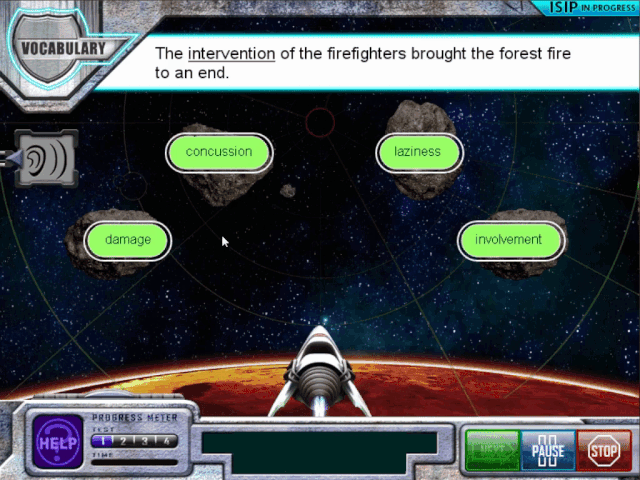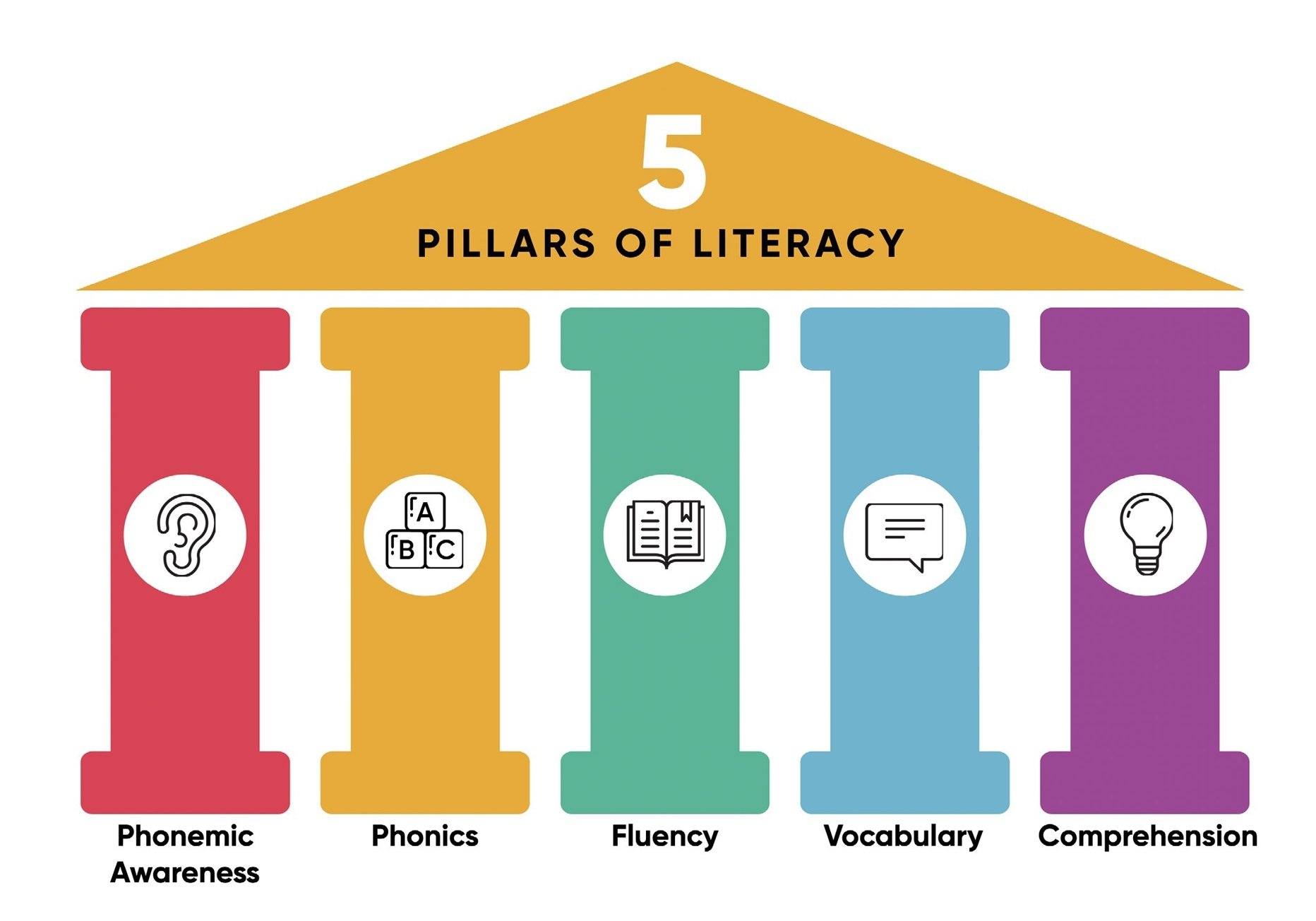
Boost Student Reading Success
Increasing student reading achievement is a common goal for PK-8 schools. Meeting this goal means schools must have the right tools in place.
Grow your students’ reading success with Istation's all-in-one, online reading assessment and instruction solution.









